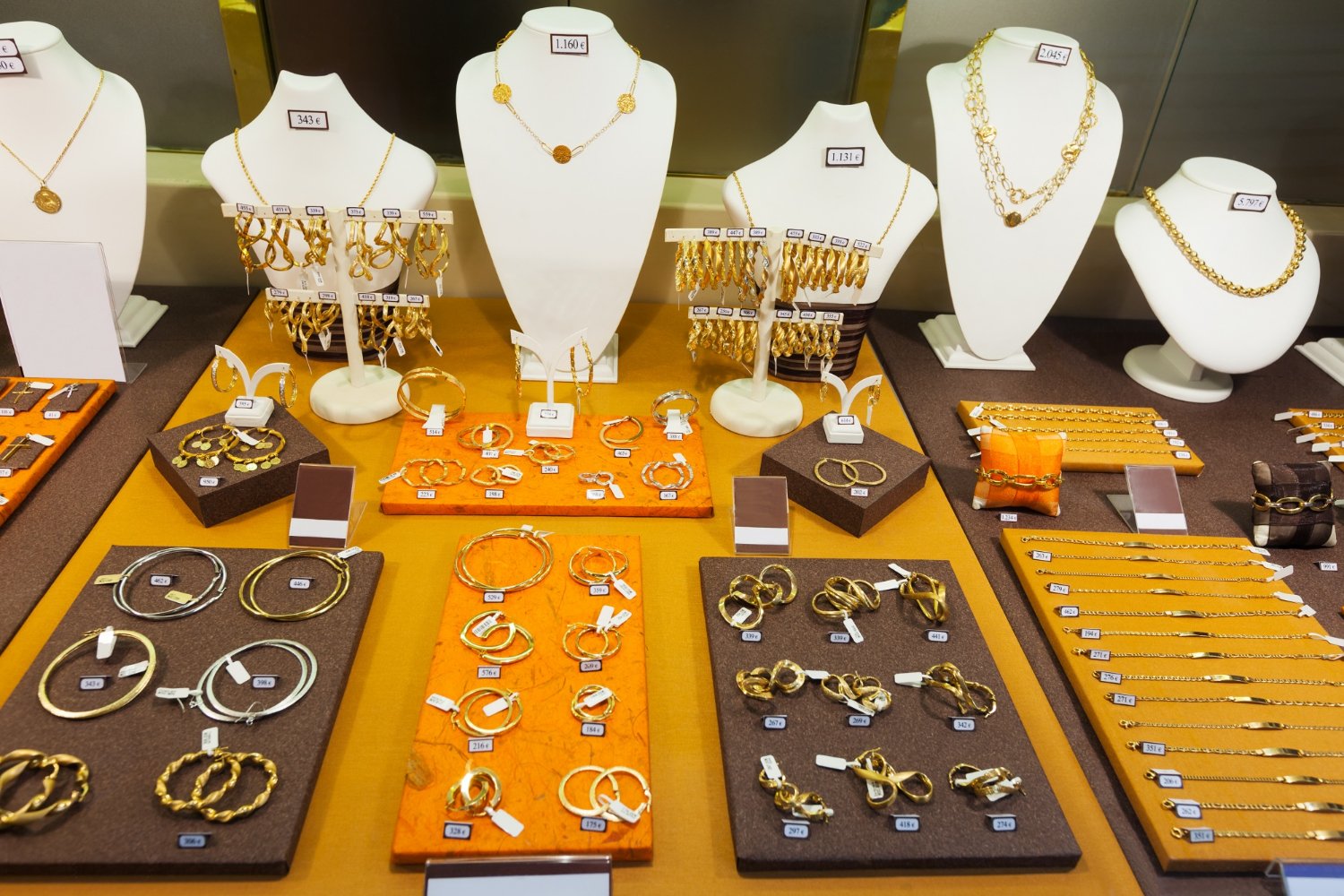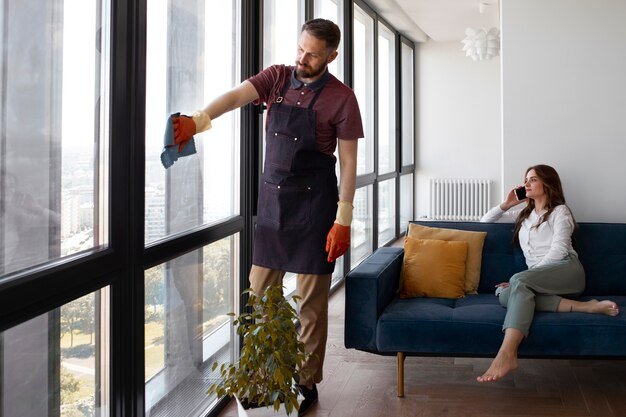The line between business and casual attire has become increasingly blurred in the modern workplace, particularly when it comes to footwear. once reserved for athletic activities or casual weekend wear, are now making their way into the business casual wardrobe. However, this trend raises an important question: Are sneakers business casual dress code? In this article, we will explore the nuances of wearing sneakers in professional settings, how to style them appropriately, and the factors to consider before making them a part of your office attire.
The Evolution of Business Casual Dress Codes
Traditionally, business casual attire consisted of dress shoes, slacks, blazers, button-down shirts, and blouses. Footwear was expected to be polished, with options like loafers, oxfords, and heels dominating the professional scene. However, as work environments have evolved, so has the concept of business casual. Modern workplaces, especially in creative industries and tech companies, have adopted more relaxed dress codes to promote comfort, individuality, and a less formal atmosphere.
With this shift, sneakers have begun to emerge as a viable option for business casual outfits. The new perspective on office wear emphasizes not just style, but also comfort and versatility. This change has led to the rise of “smart sneakers,” which are designed with sleek profiles, neutral colors, and premium materials, making them more suitable for professional settings.
When Sneakers Can Be Business Casual
The acceptability of sneakers in a business casual environment largely depends on several factors, including the type of sneakers, how they are styled, and the specific workplace culture. Here are some situations where sneakers can work as part of a business casual ensemble:
1. The Style of the Sneakers Matters
Not all sneakers are created equal. The difference between sneakers that can pass as business casual and those that are strictly casual lies in their design and appearance. Here’s what to look for:
- Minimalist Design: Choose sneakers with a sleek, clean design. Avoid overly sporty, chunky, or athletic-looking sneakers with flashy logos, bright colors, or bulky soles.
- Neutral Colors: Opt for sneakers in neutral shades like black, white, gray, beige, or navy. Neutral colors are versatile and can easily complement a range of business casual outfits.
- Quality Materials: Sneakers made from high-quality materials such as leather, suede, or canvas can elevate their appearance, making them more suitable for a professional setting. Leather sneakers, in particular, have a polished look that can seamlessly fit into a wardrobe.
- Low-Top Sneakers: Low-top sneakers generally have a more formal look compared to high-tops or sneakers with exaggerated silhouettes. They pair well with tailored pants and skirts, contributing to a refined yet relaxed ensemble.
2. Styling is Key
Even the most refined sneakers can appear out of place if not styled appropriately. To achieve a business casual look with sneakers, consider the following styling tips:
- Pair with Tailored Clothing: Balance the casual nature of sneakers by pairing them with tailored clothing such as chinos, dress pants, skirts, or blazers. This combination creates a smart, polished appearance that still incorporates the comfort of sneakers.
- Choose Simple and Elegant Outfits: For a business casual look, opt for simple, elegant clothing pieces that convey a professional demeanor. For example, a well-fitted blazer over a button-down shirt with slim-fit trousers can be perfectly complemented by a pair of minimalist leather sneakers.
- Mind the Details: Ensure that your sneakers are clean and well-maintained. Scuffed or worn-out sneakers can detract from a business casual look. Taking the time to keep your footwear polished shows attention to detail and respect for your workplace’s dress code.
3. Understanding Workplace Culture
The appropriateness of sneakers as business casual attire also depends on the nature of your workplace. Some companies embrace a relaxed dress code, while others maintain a more traditional approach. Consider these factors:
- Industry Standards: Creative industries, such as advertising, design, media, and technology, tend to have more relaxed dress codes that allow for personal expression, including sneakers. On the other hand, more traditional industries like finance, law, or corporate consulting might require a more formal business casual attire, where sneakers may not be suitable.
- Company Culture: Within any industry, company culture varies. Some companies, regardless of their field, have adopted a modern, flexible dress code that encourages comfort and individuality. If you’re unsure about the dress code at your workplace, observe what others are wearing or consult your HR department.
- Occasion Appropriateness: Even in companies with a relaxed dress code, there may be certain occasions where sneakers are not appropriate, such as important client meetings, formal presentations, or company events. It’s essential to gauge the level of formality required for different situations and adjust your footwear accordingly.
When Sneakers are Not Business Casual
While sneakers can work in many business casual environments, there are instances where they might not be appropriate. Here are some guidelines for when to avoid wearing sneakers:
- Formal Business Settings: In traditional business environments, like corporate law firms or financial institutions, sneakers typically do not meet the standard for business casual attire. In these settings, it’s safer to stick with classic dress shoes, loafers, or pumps.
- Athletic Sneakers: Athletic sneakers designed for sports or gym use are generally too casual for most business settings. They often have bright colors, thick soles, and branding that can clash with professional attire.
- Dirty or Worn-Out Sneakers: No matter how stylish, that are scuffed, dirty, or showing signs of wear are not suitable for a business casual look. Always ensure your sneakers are in good condition before wearing them to the office.
Conclusion: Finding the Balance
Sneakers can certainly be part of a business casual wardrobe, provided they are chosen and styled appropriately. By selecting minimalist designs, pairing them with tailored clothing, and understanding your workplace culture, you can incorporate sneakers into your professional attire without compromising on comfort or style. However, it’s important to be mindful of the setting and the message your footwear choice sends in a business environment.
In today’s evolving workplace, the key to mastering business casual with sneakers is balance – blending the relaxed vibe of sneakers with the polish of professional clothing. With the right approach, sneakers can be a stylish, comfortable addition to your business casual repertoire.











